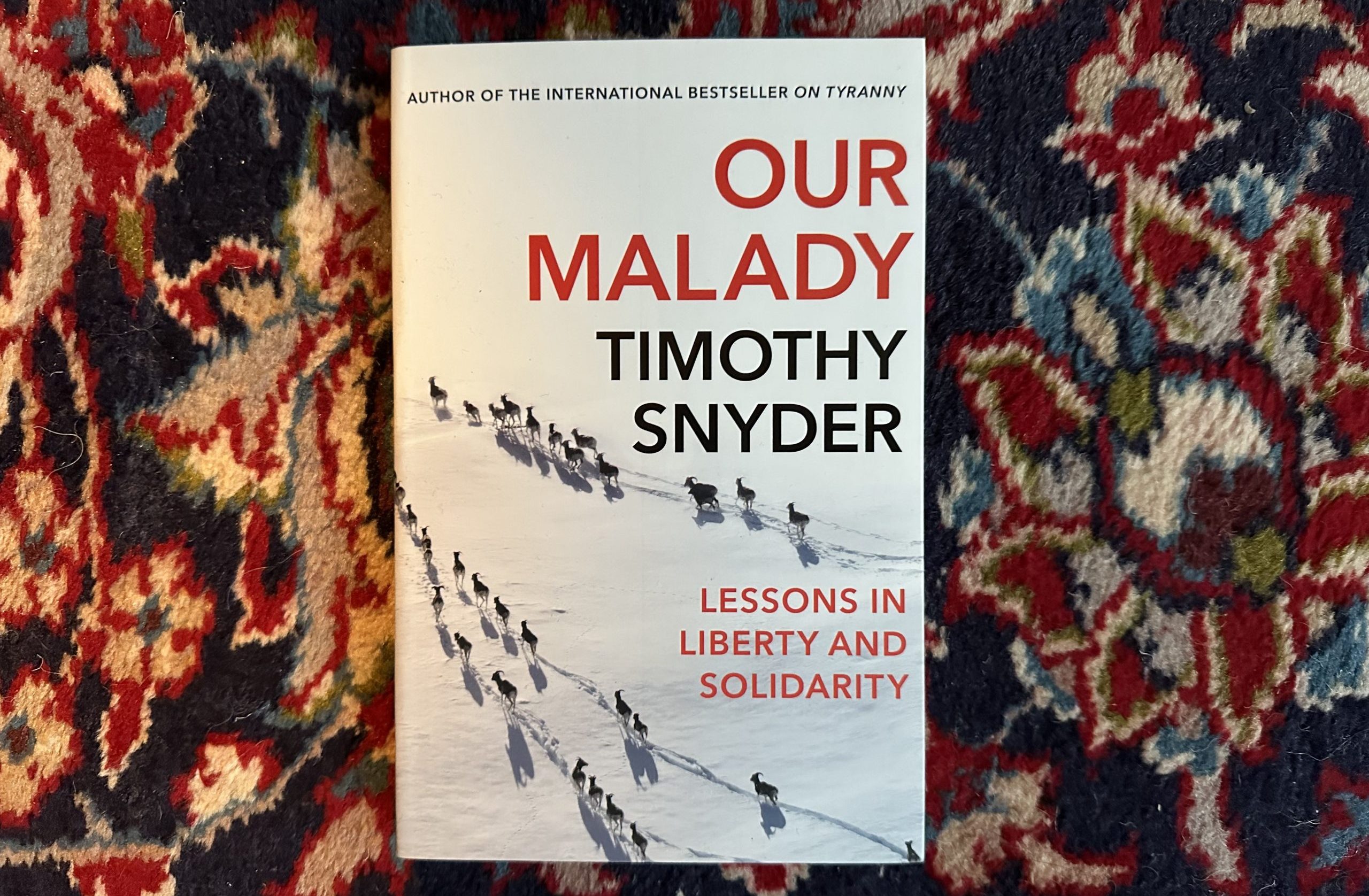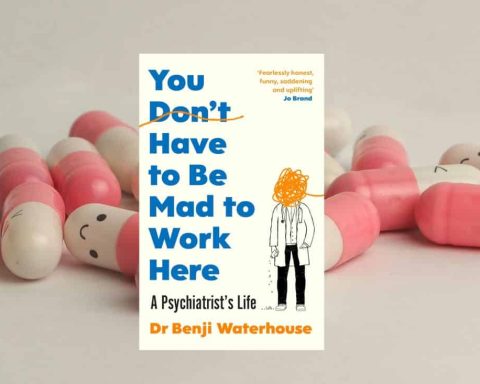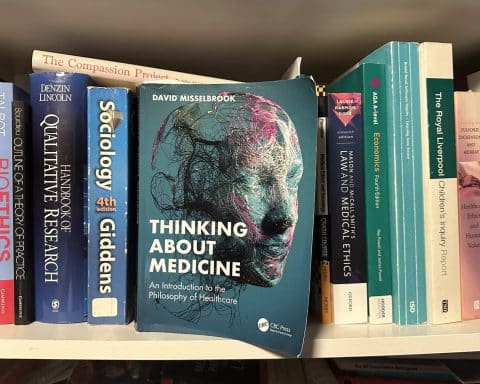Elke Hausmann is a salaried GP in Derby, currently on sick leave with long COVID
Timothy Snyder is an American historian who has spent his working life studying 20th century atrocities (Nazi and Stalinist). He has come to wider attention recently with a lecture series on the history of Ukraine (‘The Making of Modern Ukraine – YaleCourses on YouTube) which is freely available online and has been viewed by millions of people around the world. For anyone who wants to understand what is happening in Ukraine, I can highly recommend watching the 23 hour long lecture series, although it takes time and commitment, which reminds us that real knowledge and understanding cannot be acquired in bite sized tweets. It turns out that he is also uniquely placed to comment on our current healthcare system, as he uses his background knowledge on human freedom and its limits to shine a light on how modern healthcare is working for us (or isn’t).
…he uses his background knowledge on human freedom and its limits to shine a light on how modern healthcare is working for us (or isn’t).
The motivation for this book came from falling seriously ill just prior to the start of the pandemic at the end of 2019. He was seen in several countries by multiple doctors who following an appendicectomy missed a secondary infection in his liver which eventually caused sepsis to the point that he almost died. He kept a diary whilst in hospital in the US where he was finally treated, the experience of which forms the basis of his reflections. Much of what he writes about is clearly written about and for the American context, but we would be well served in Britain to learn from him as privatised medicine is where we appear to be headed.
Like most people who have never been seriously ill, he did not really think much about his health or the state of American healthcare prior to his illness, ‘health … you appreciate it when it goes away’ (p.108). Maybe that explains a lot about how healthcare is organised, by definition the majority of people who are policy makers with power to affect the system are young enough and healthy enough to be able to hold down demanding jobs, and thus will not really understand what is is like to be ill and negotiate the system they help bring along. If healthcare were truly organised for patients (and doctors), it would look very different.
For somebody who has grown up in the UK in the context of the NHS (or myself in Germany), his account of how he did not access healthcare in the US when younger because it was too expensive is unimaginable. When he and and his wife started their family, they happened to be living in Austria. The experience of healthcare in Europe around the time of pregnancy, birth and early childhood opened his eyes to what could be possible and how difficult it is for us to stop accepting what we know as the only way imaginable. And it went beyond healthcare, the provisions for maternity and paternity leave and childcare also were a revelation for him, devoting an entire chapter to how much ill health including mental health could be prevented by a system that prioritised children, it is called ‘renewal begins with children’.
He writes about how prioritising the profit motive in healthcare makes us all more unhealthy and more unfree. A clear example is his account of how the US dealt with the coronavirus epidemic. A lot of what has happened over there is applicable here. Much is to do with the political context of Donald Trump’s presidentship and his relationship to ‘facts’ – Timothy Snyder definition of facts is quite poetic but no less true: ‘Facts are what we apprehend when we place ourselves at the right distance between our emotions and the world around us’ (p.90). An interesting point is how relevant the loss of local newspapers and local journalism is here – when we don’t know anymore what is happening right where we live, we become much more open to conspiracy theories.
…we could still have hope that Britain’s healthcare system might not be following America’s in making our lives poorer, unhealthier and less free.
He reflects on individual liberty and social solidarity: ‘We cannot be free without health, and we cannot be healthy without knowledge. We cannot generate this knowledge by ourselves as individuals: we need a general belief in the value of truth, professionals who produce facts, and robust institutions who support them. This is an example of the paradox of liberty: we cannot be ourselves without help; we cannot thrive in solitude without the solidarity of others. We can only balance solitude with solidarity when we share a factual world that enables us to see the larger meaning of our actions’ (p.109).
The conclusion called ‘Our recovery’ I could quote word for word here. It summarises what our priorities should be in a healthcare system that works for people rather than profit – ‘we should regard healthcare as a right, take medical and local knowledge seriously, make time for young children, and put doctors in charge. The realisation of these lessons will cost us some money now – and save far, far more in the years to come’ (p.139). If everybody involved in healthcare policy would read those 8 pages and take them to heart, we could still have hope that Britain’s healthcare system might not be following America’s in making our lives poorer, unhealthier and less free.
Featured book: ‘Our Malady, lessons in liberty and solidarity’ – Timothy Snyder, The Bodley Head London 2020
Featured photo background taken by Andrew Papanikitas, 2023








